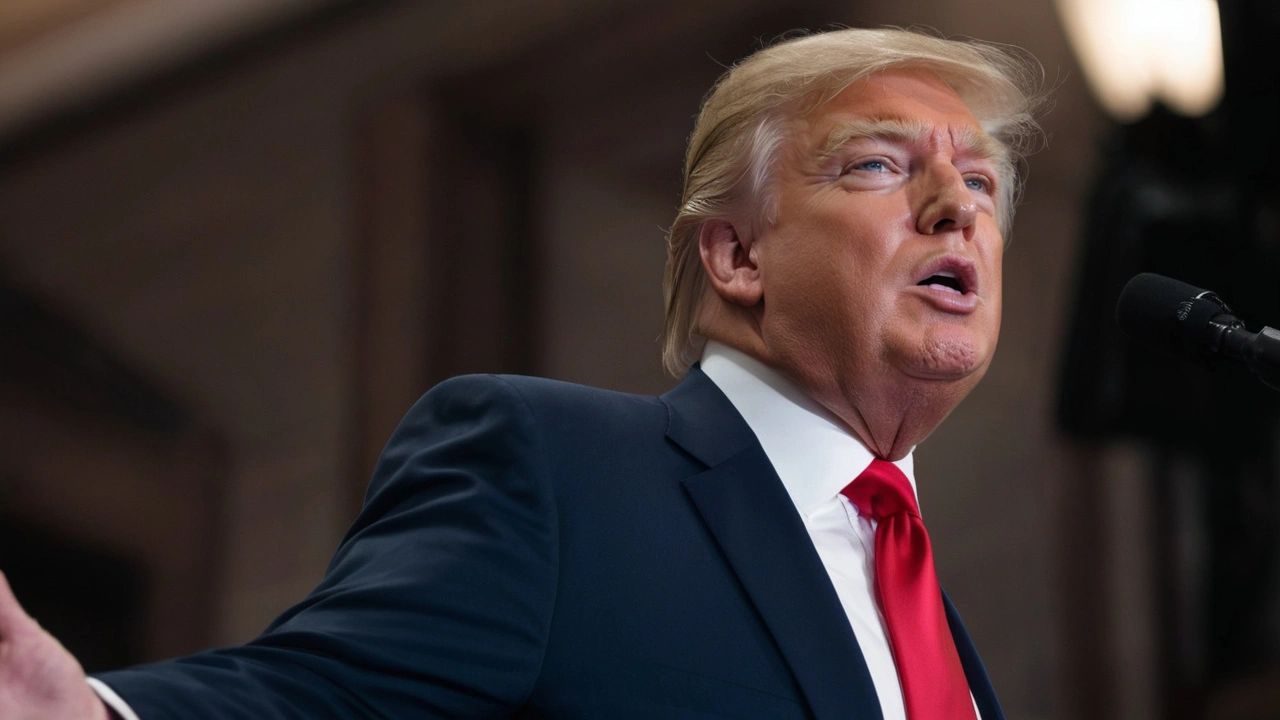Election Interference Explained: What It Is and How It Affects You
If you’ve heard the term "election interference" in the news, you probably wonder what it really means. In simple terms, it’s any action that tries to change the outcome of a vote without following the rules. That can be a foreign government spreading false stories, a group buying ads to sway opinions, or even insiders leaking data to favor one side.
Common Ways Interference Shows Up
The first thing to look out for is misinformation online. Bots and fake accounts push stories that sound real but are designed to create fear or anger. Next, you’ll see targeted ads that appear only to certain voters based on their interests – these can be funded from abroad and hide who’s paying. Finally, there are more subtle tactics like hacking voter rolls or leaking private emails to damage a candidate’s reputation.
How You Can Spot and Stop It
The best defense starts with checking sources. If a story only appears on one obscure site, give it a second look before sharing. Use fact‑check tools like Snopes or local verification services – they can quickly tell you if a claim is false. Also, watch the language: messages that use extreme fear or praise are often trying to push an agenda.
Another practical step is to diversify where you get news. Relying on one outlet makes it easy for manipulators to control what you see. Mix local newspapers, international broadcasters, and independent blogs. When you notice a sudden surge of similar posts across platforms, pause and verify before reacting.Voting itself can be protected by staying informed about the process in your area. Know where your polling station is, what ID you need, and how your ballot is counted. If you suspect tampering – for example, missing names from voter lists or strange changes to your registration – report it to the election commission right away.
Governments also have a role. Transparent funding rules for political ads and strong penalties for hacking help keep elections fair. Some countries now require all online political advertising to show who paid for it. Keep an eye on these regulations; they often affect what you see during campaign season.
Finally, remember that you’re not powerless. Sharing accurate information, calling out obvious falsehoods, and encouraging friends to verify before sharing can create a ripple effect. When more people question dubious content, the spread of interference slows down.
Election interference isn’t just a headline – it’s something that can change who makes decisions that affect your daily life. By staying alert, checking facts, and supporting transparent rules, you help protect the integrity of every vote.
Google Faces Accusations of Election Meddling by Omitting Donald Trump Assassination Search Results
Google is under fire for allegedly influencing the 2024 US presidential election by not displaying search results related to the attempted assassination of Donald Trump. The autocomplete feature showed historical events instead of the recent incident, sparking accusations of bias. Google denies any interference, claiming their system's safety features prevent autocomplete suggestions about political violence.
READ MORE
